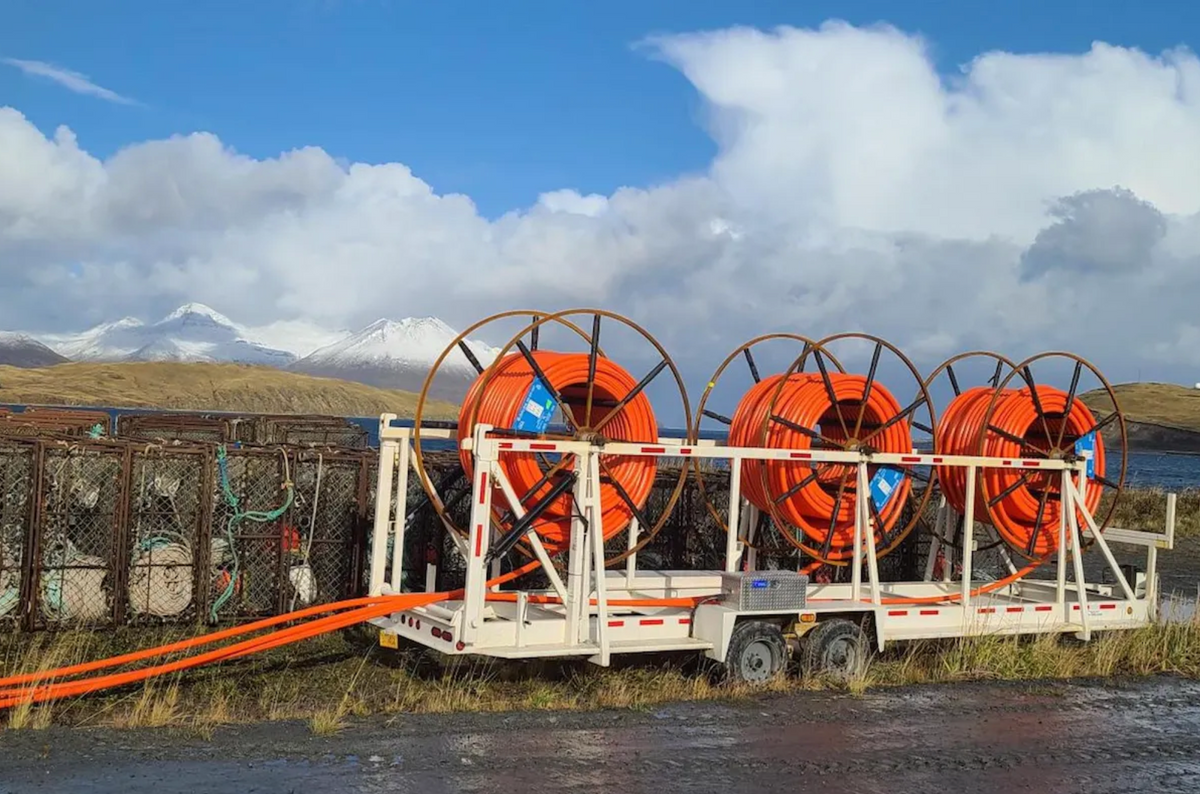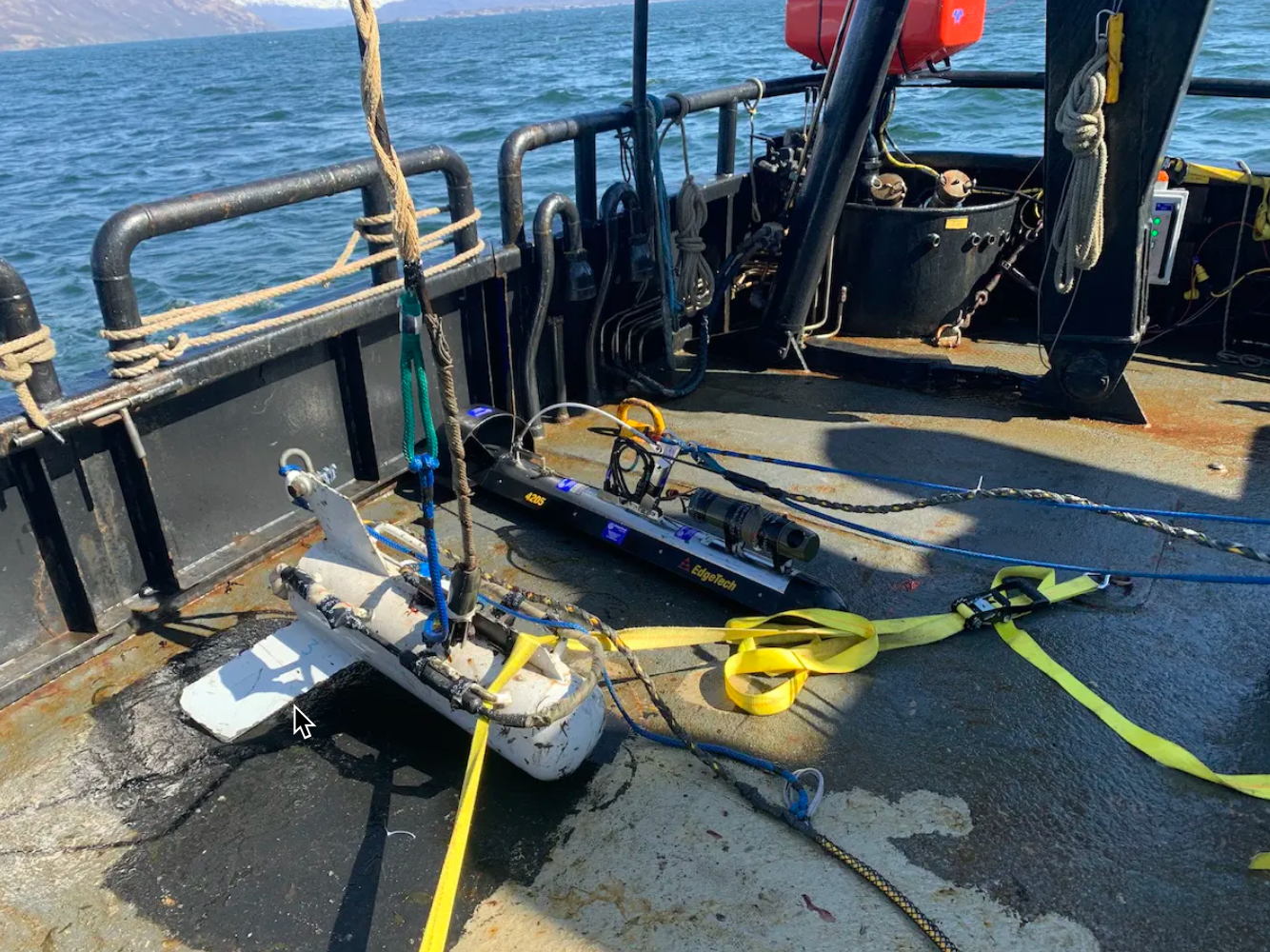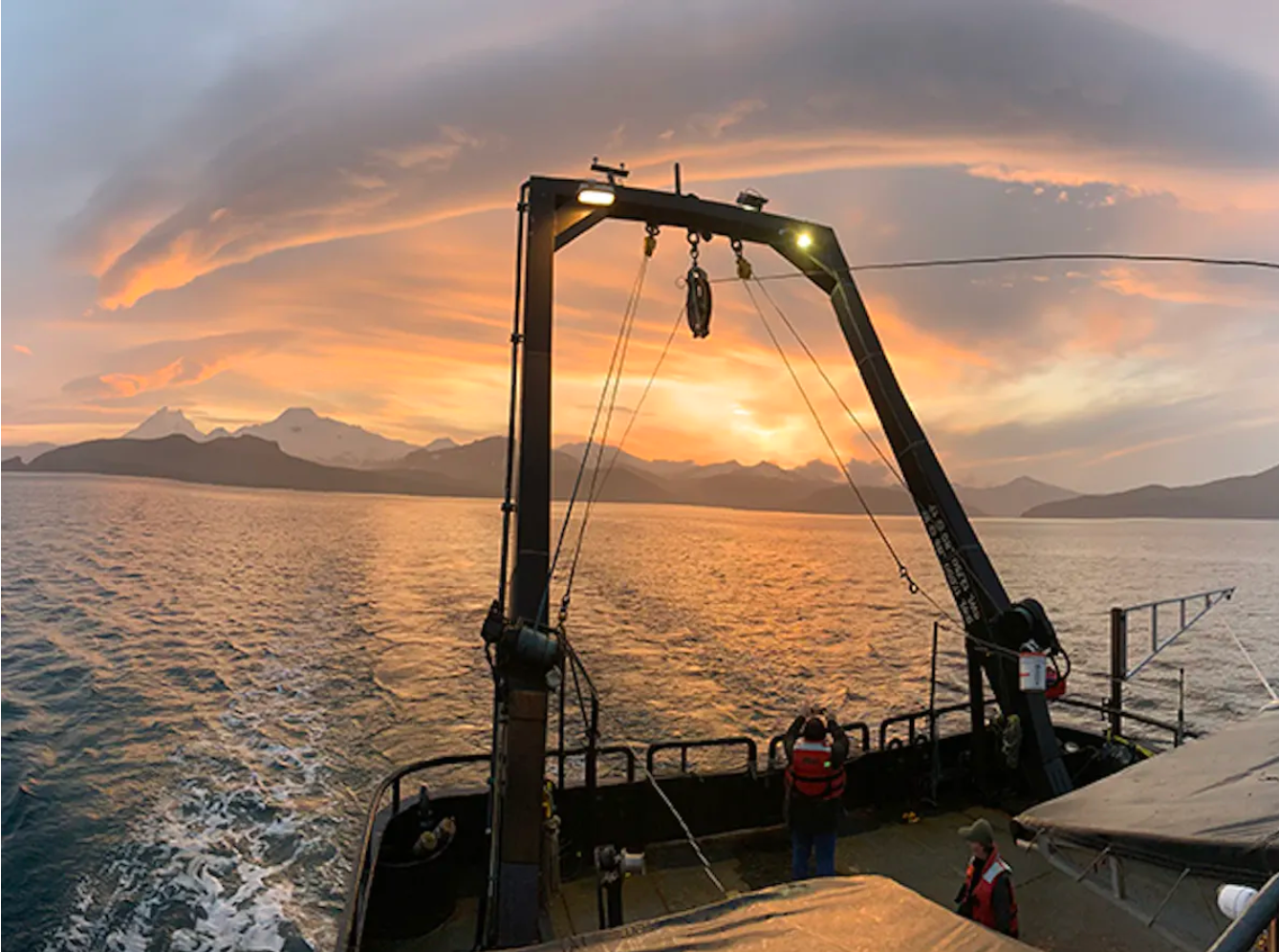New subsea fiber network underway on the Alaska peninsula
High speed internet connectivity has a major impact in rural and coastal areas. Once completed, the Aleutians Fiber Project will connect six Alaskan communities

Internet connectivity, especially high speed connectivity, significantly impacts rural and coastal communities. A novelty turned modern-day infrastructure, this connectivity provides economic opportunities, social connections, entertainment, access to information and more.
GCI, a telecommunications corporation headquartered and operating in Alaska, is a recipient of funds from the FCC’s 2016 Alaska Plan to expand internet infrastructure. The most sparsely populated state, Alaska has a stark digital divide between Anchorage, where half of the population lives, and its rural communities.
One method for expanding high quality internet service is through undersea or subsea cables. There are currently four such cables connecting Alaska to Oregon and Washington.

GCI is using this approach to provide 2 gigabit download speeds to the Alaska Peninsula with its Aleutians Fiber Project. The fiber infrastructure will connect six communities, including the fishing port of Unalaska, with a year-round population of 8,000.
Currently the region only has access via satellite connectivity, traditionally an expensive and limited option although it is rapidly evolving. More on satellite networks in another issue of Future Tides.
For this specific project, GCI received a $25 million federal grant and plans to cover the remaining $33 million in estimated project costs. Since the project is being built on tribal lands, GCI is working with cultural monitors who serve as on-site archeologists if any historical artifacts are found.
In October, GCI broke ground on the project in Unalaska. The company plans to begin laying fiber in Spring 2022 and have the system ready for service by late 2022.

